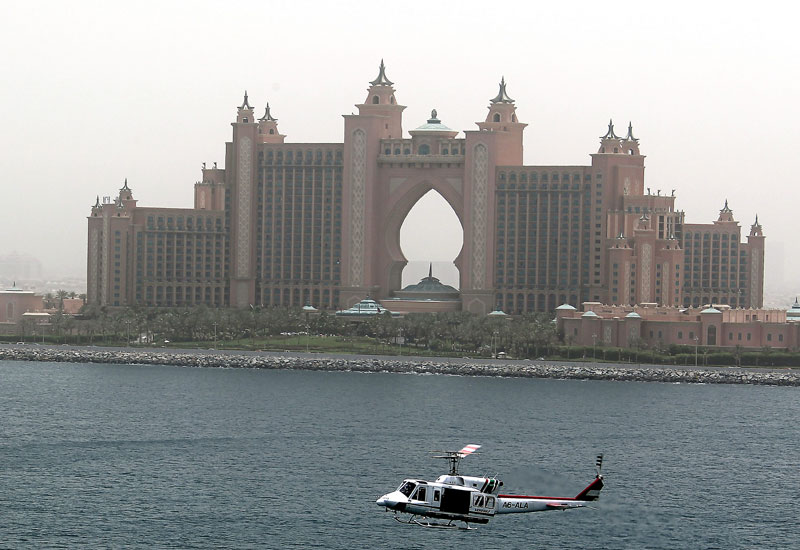2. Identify the right target
Once you have settled on your acquisition criteria, the next step is to contact the right people in the industry to see what opportunities are out there — this may be brokers, asset managers, industry consultants , or even the brands themselves. For those assets that are potentially in line with your acquisition criteria, a site visit should be arranged. Following that, a property and marketing analysis (feasibility study) should be undertaken and then, based on that analysis, you should be in a position to start developing a business plan and bid price.
3. Manage the bid process
It is not uncommon for hotels to be sold by way of an auction process. These processes vary but typically as a buyer you will need to first submit an indicative offer and, if that is successful, a final bid will be required which often needs to be accompanied by a mark-up of the draft sale and purchase agreement (SPA). Offering the highest price is not always a guarantee of success — other factors such as evidence of funds, ability to complete quickly and acceptance of key SPA terms can also be strong influences on a seller’s decision. This process tends to be resource intensive with tight deadlines, and as such it needs to be managed carefully.
4. Determine the right price
As with any acquisition, one of the most important factors when buying a hotel is the price you pay. There are various different hotel valuation methodologies — for example, discounted cash flow analysis, EBITDA multiples, comparable hotel sales, surveyor valuations etc — and you should discuss which one is appropriate with your financial adviser. Bear in mind that in an auction process, where you may be one of many bidders, price will be a key factor.
5. Determine the right structure
As a buyer you will have two main options. One is to buy the shares of the company that owns the hotel property and other assets which make up the business; the other is to buy from the company the hotel property and other assets. If shares in a company are purchased, all its assets, liabilities and obligations are acquired (even those a buyer may not know about).
On an asset deal, only the assets and liabilities which the buyer agrees to acquire and assume, which will be identified in the sale agreement, are transferred. Generally, asset purchases tend to be logistically more complex than share purchases due to the need to transfer each of the separate assets which form the business and to obtain approvals of third parties (counterparties to contracts, licencing authorities etc), although change in control issues also arise in share purchases. In Dubai, there are other structural issues which arise as a result of foreign ownership restrictions and local authorities’ requirements in terms of which types of entities can own property and hold a hotel licence. Off shore entities will also need to consider potential tax implications based on their specific circumstances. Your lawyers will be able to advise you on all structuring matters.

| Advertisement |









 Search our database of more than 2,700 industry companies
Search our database of more than 2,700 industry companies









